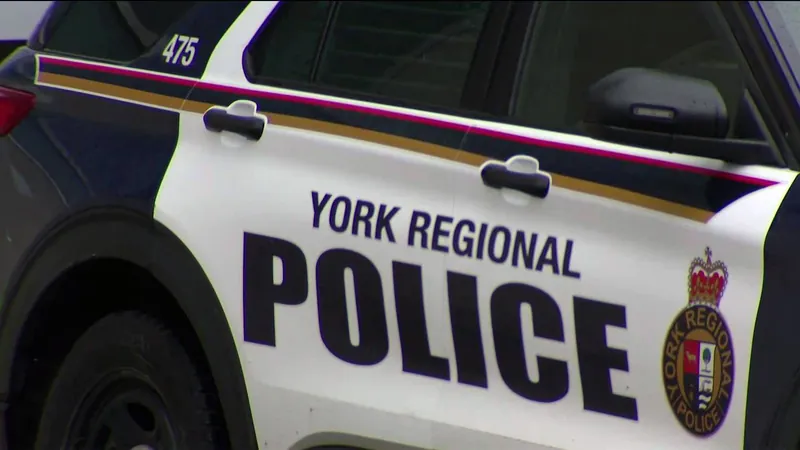
Ontario’s Transportation Minister Dismisses $48 Million Estimate for Toronto Bike Lane Removals
2024-11-19
Author: Jacob
In a controversial move that has sparked heated debate, Ontario's Transportation Minister, Prabmeet Sarkaria, has expressed skepticism towards the City of Toronto’s estimated cost of $48 million for the removal of bike lanes from three prominent roads: Bloor Street, Yonge Street, and University Avenue. While acknowledging the city's calculation, Sarkaria refrained from providing an alternative estimate during a press conference on Monday.
The Progressive Conservative government is accelerating legislation that mandates municipalities to secure provincial permission before installing bike lanes that would eliminate existing vehicle lanes. This proposed legislation aims to restore vehicle traffic lanes on the aforementioned roadways, raising questions about the future of cycling infrastructure in Ontario’s capital.
Toronto's Mayor Olivia Chow has urged city staff to explore methods to oppose these removals. A recent report revealed that dismantling the bike lanes would not only incur hefty costs but would also yield only marginal improvements in commute times for drivers.
Sarkaria emphasized his belief that the reported cost seems exorbitant, suggesting it is twice as much as the original installation costs. He speculated that the province has yet to calculate its own estimate but indicated an intention to reassess the situation. “It doesn’t add up to me that it costs double the amount to remove them as it would to put them forward,” he remarked.
Concerns over gridlock have been voiced by several stakeholders, including local business owners affected by traffic congestion. Premier Doug Ford has also raised alarms regarding specific bike lanes, particularly along Bloor Street West, which he claims contribute significantly to traffic snarls.
NDP Leader Marit Stiles has criticized the government’s approach, claiming that residents are burdened with the costs stemming from Ford’s “personal grievances” regarding bike lanes. She argued that no expenditure on this matter can be justified.
A legislative committee has commenced public hearings on the proposed legislation, during which a City of Toronto official defended the cost estimation. Director of Planning, Design, and Management, Jacquelyn Hayward, highlighted the complexities involved in reinstating vehicle lanes, particularly in areas where significant infrastructure changes, like curbs and drainage systems, have been made to accommodate bike lanes.
In a broader context, the Association of Municipalities of Ontario supports the stance that municipal authorities should retain decision-making power over local transportation issues, advocating that cities are best equipped to navigate the dynamics of their communities without provincial imposition.
The debate raises important questions about the direction of urban transportation planning in Toronto and the balance of authority between city and provincial governments. As the discussions unfold, residents and cyclists alike watch closely, with the potential for significant implications on future transit and infrastructure strategies.









 Brasil (PT)
Brasil (PT)
 Canada (EN)
Canada (EN)
 Chile (ES)
Chile (ES)
 España (ES)
España (ES)
 France (FR)
France (FR)
 Hong Kong (EN)
Hong Kong (EN)
 Italia (IT)
Italia (IT)
 日本 (JA)
日本 (JA)
 Magyarország (HU)
Magyarország (HU)
 Norge (NO)
Norge (NO)
 Polska (PL)
Polska (PL)
 Schweiz (DE)
Schweiz (DE)
 Singapore (EN)
Singapore (EN)
 Sverige (SV)
Sverige (SV)
 Suomi (FI)
Suomi (FI)
 Türkiye (TR)
Türkiye (TR)